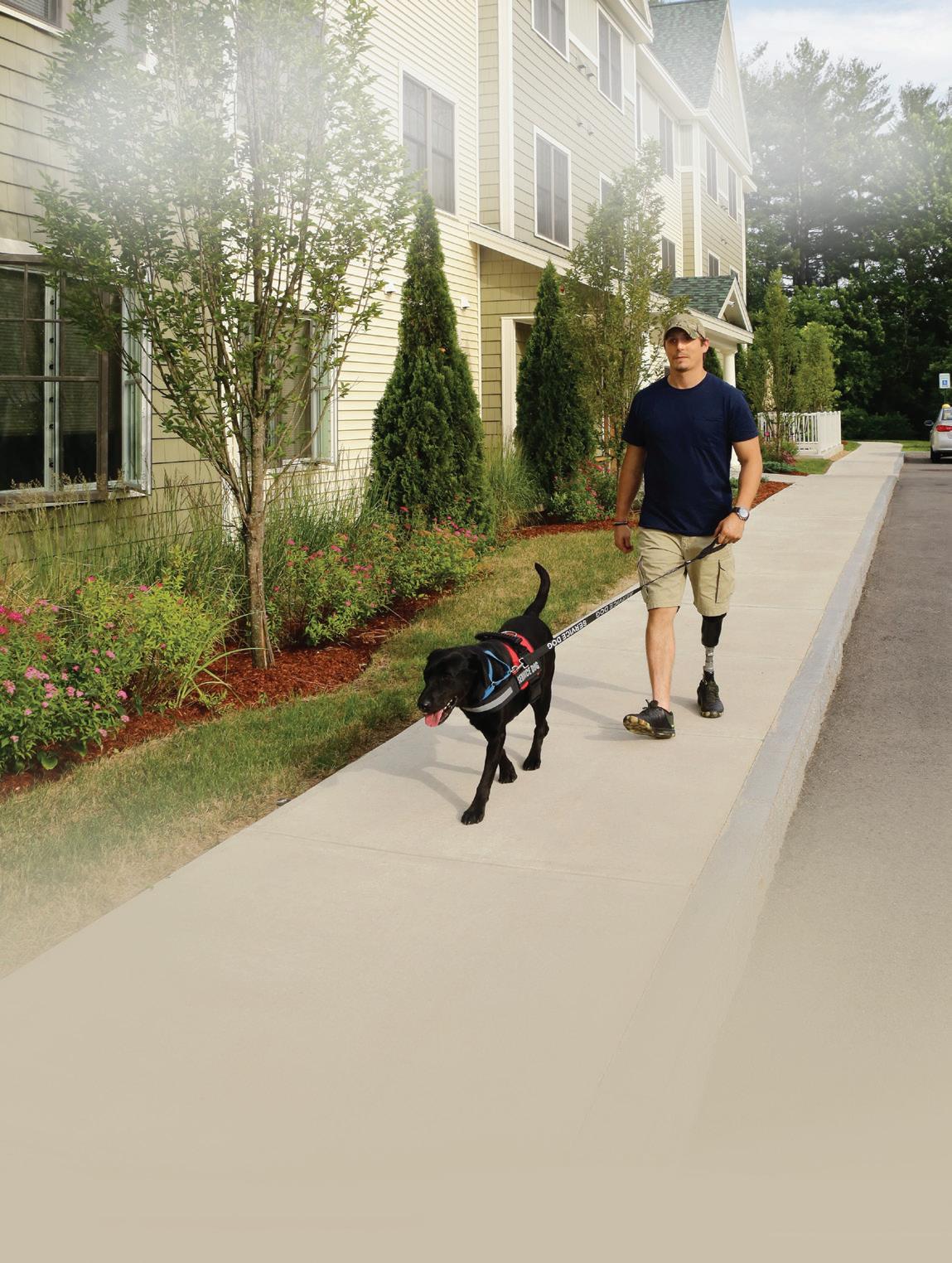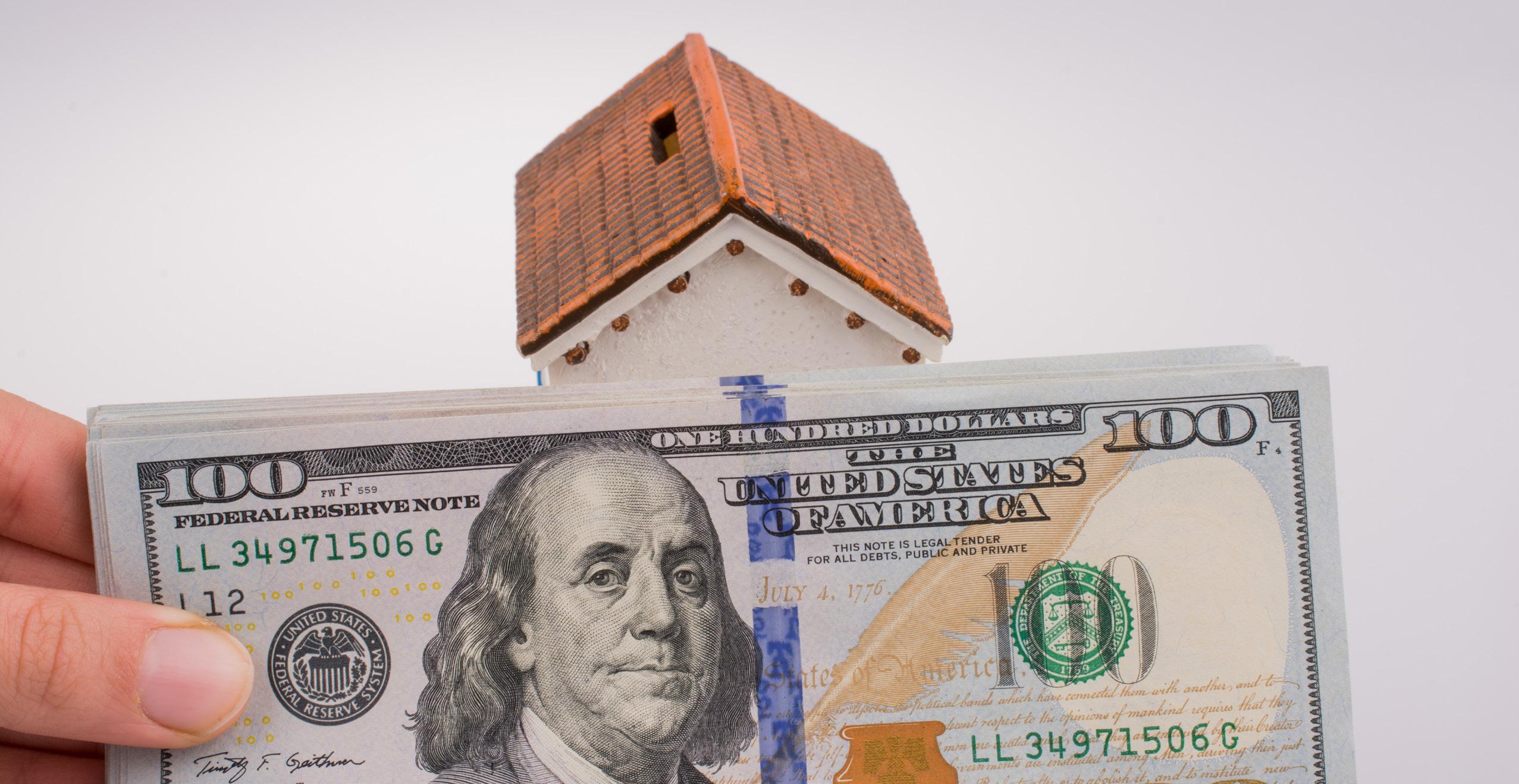
4 minute read
Thinking about refinancing in Arizona?
REFINANCING IN ARIZONA? READ THIS FIRST

Kamesha Keesee
Refinancing in Arizona could feel like the next step for anyone who has been through the journey of owning a home. Refinancing has never been a bad path to follow. However, if you’re planning to plan in Arizona, here are some answers to some questions you might have.
WHEN SHOULD I REFINANCE?
There are several reasons why homeowners choose to refinance. However, the most common reasons are:
• A DROP IN MORTGAGE
The most common reason why homeowners choose to refinance their mortgages is to secure a lower interest rate. This is the case that we’re experiencing currently with the historically low mortgage rates. So, if you’re thinking about refinancing, now is the best time. Moreover, when you secure a lower mortgage rate, you also lower your mortgage payment.
• IN CASE OF A NEW MORTGAGE
PROGRAM.
You can also refinance an
Adjustable-Rate Mortgage (ARM) into a new Fixed Rate Mortgage (FRM), or when combining a first and second mortgage or when paying off a balloon loan.
• DEBT CONSOLIDATION.
Refinancing is a good option when you have sufficient equity and you want to pay off consumer debt by combining all debts into one lower monthly mortgage payment. This could also significantly reduce the short-term deficits in a budget.

SHOULD I REFINANCE OR GET A HELOC TO MAKE HOME IMPROVEMENTS?
For a homeowner who’s looking to make some property improvements without tapping into their savings or investment account, his two main options are either get a Home Equity Line of Credit (HELOC), or do a cashout refinance. To decide which one to use, there are three main factors you should consider; the timeline, costs or fees needed to obtain the loan, and interest rate.
• TIMELINE.
You need to consider the period of time you plan to keep your home. This will help you determine how long you’ll need to pay back the loan. Also, you need to consider the kind of property improvement you need to make. HELOC is ideal for short-term goals and essentially feature adjustable rates that can change every month. On the other hand, a cash out refinance is best for securing long-term financing, especially if it comes with a lower payment.
• COSTS/FEES.
Consider the closing costs for each loan. Also remember to compare the shortterm closing costs with the long-term total of monthly payments to determine which option is the best.
• INTEREST RATE.
Interest rate is the first thing a borrower considers as everyone wants to have the satisfaction of locking at the lowest rate possible.
However, when it comes to property improvements, the interest rate may not be as vital as considering the level of risk that you’re willing to accept.
If your current loan is at 3.455%, and you only need the money for 4-6 months until you get your bonus, it’s not as important if the HELOC rate is 4%, 6%, or even 10%. This is because the majority of your mortgage debt is still fixed at 3.455%. Contrarily, if you need the money on long-term basis and your current loan is at 4.875%, it may not make financial sense to pass up an offer on a blended rate of 5.75% with a new 30-year fixed mortgage. There would be a considerable savings over several years if variable interest rates went up for a long period of time.
In other words, choosing between a full refi and a HELOC typically depends on the risk level you’re willing to accept over the period of time that you need the money.
123rf.com
HOW LONG SHOULD I WAIT BEFORE I REFINANCE AFTER PURCHASING A HOME?
Most lenders require one to wait for a period of 8-12 months, but there may be exceptions. Consider checking with your lender at your time of initial application to ensure there are no short-term penalties for refinancing within the first 12 months.
At this point, you may be in a better position to decide whether to go ahead and refinance or not. If you’re planning to refinance, now is the best time to do so with the current low interest rates. Don’t be left behind.
Work cited.
https://www.azlendingexperts.com/ mortgage-101/refinance-process/
THIS VETERAN HAS EXPERIENCED ENOUGH.
HE SHOULDN’T HAVE TO FIGHT HOUSING DISCRIMINATION BECAUSE OF HIS DISABILITY.

Sergio lost his leg and his hearing while serving our country overseas. Now back home, he was ready to start a new chapter in his life. But when he found the perfect apartment, the landlord refused to make a reasonable accommodation to allow his service dog in a “no pets” building. Then Sergio learned that the Fair Housing Act protects people with disabilities. He contacted HUD and fi led a complaint. Today, Sergio is feeling right at home.
If you believe you’ve experienced housing discrimination, please contact hud.gov/fairhousing 1-800-669-9777
50 YEARS OF OPENING DOORS.











